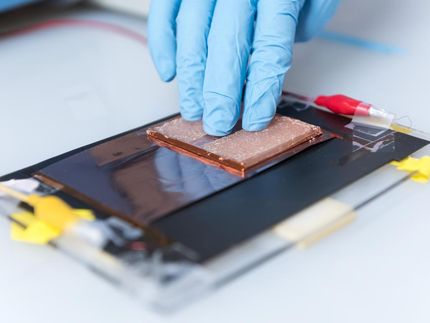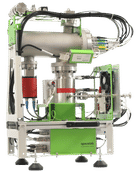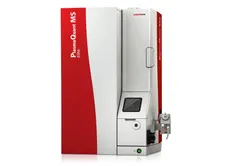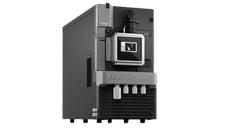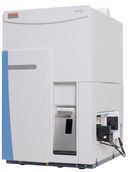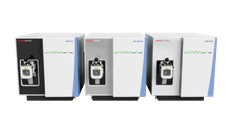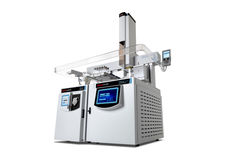New method reveals substances on surfaces of any kind
ETH Zurich researchers have developed a new method that allows even the surfaces of living organisms to be examined quickly and simply. The method opens up interesting new possibilities not only in medicine but also in foodstuffs monitoring.
The new procedure of analysis represents a further development of the method recently published by the group in which the researchers successfully detected various substances in the breath in a simple manner. Using their enhanced method, they can now also very precisely track down substances on surfaces of any kind. Both methods are based on what is called a 'quadrupole time-of-flight mass spectrometer' (QTOF mass spectrometer). Samples for QTOF mass spectrometry are normally presented in solution. The solution is electrosprayed, with the additional aid of a desolvation gas. The tiny droplets give rise to ions that are characteristic of the substance to be analysed and which the QTOF instrument measures.
The ETH Zurich researchers have now almost turned the principle on its head: instead of studying the substances in the solution, they now examine the substances present in the desolvation gas assisting the spray. With the newly-developed method nitrogen is blown from a small nozzle onto a sample surface. As the gas strikes the surface it desorbs semi-volatile substances. The "enriched" gas stream is then fed into the mass spectrometer where the absorbed substances can be precisely analysed.
Renato Zenobi, Professor of Analytical Chemistry at the Organic Chemistry Laboratory of ETH Zurich, says "There is nothing special about the new method from a technical viewpoint." Huanwen Chen, who has developed the method during his post-doctoral studies in Zenobi's group, demonstrated this when together with his supervisor he presented the new method to a company. Within one hour Chen had modified their mass spectrometer so that it could be used to analyse the surface of any kind of object.
However, the remarkable aspect of the new method is the wide variety of possibilities it opens up. "One particular strength of our approach is that even the surfaces of living organisms can be examined. It only takes a few seconds to measure a single sample; so large numbers of random samples can be routinely analysed", Zenobi says. For meat samples the scientists were also able to show that the sample material does not even need to be thawed.
The studies carried out by the researchers on the skin of various test persons lead in quite a different direction. Traces of nicotine, coffee and explosives could all be detected on the skin. According to Zenobi "The method's strength is that it is fast and non-invasive, and needs no special sample preparation." In view of the numerous possible applications, it is not surprising that the new method is of interest not only to foodstuffs technologists and safety experts but also to medical professionals and drugs investigators in sport.
These products might interest you
See the theme worlds for related content
Topic World Mass Spectrometry
Mass spectrometry enables us to detect and identify molecules and reveal their structure. Whether in chemistry, biochemistry or forensics - mass spectrometry opens up unexpected insights into the composition of our world. Immerse yourself in the fascinating world of mass spectrometry!

Topic World Mass Spectrometry
Mass spectrometry enables us to detect and identify molecules and reveal their structure. Whether in chemistry, biochemistry or forensics - mass spectrometry opens up unexpected insights into the composition of our world. Immerse yourself in the fascinating world of mass spectrometry!
